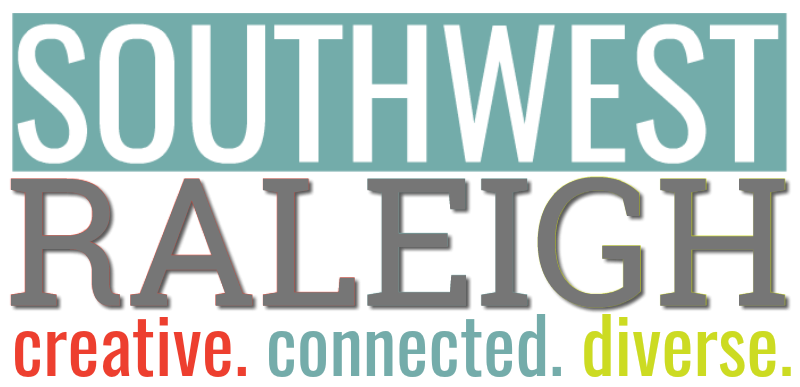Many City of Raleigh departments have concrete, easy-to-grasp missions: Provide parks, pick up garbage, fight crime. The job of the Community Services Department is less easily explained but no less important.
We see our role as helping Raleigh citizens grow deeper roots in the community. We think people grow deeper roots when they are connected to their neighbors, know how to find the resources to improve their neighborhoods, can contribute in a meaningful way, and have a voice in how our City operates.
The Community Services Department helps you find the tools to make these connections and contributions. Say your neighborhood wants a community garden. We won’t dash in and start tilling. But we will assist you in identifying the people and resources in your neighborhood to help make the garden a success.
In Community Services, we call this “asset-based community development.” It’s a complicated term for a simple philosophy: For a neighborhood to become self-sufficient and vibrant, the people who live there must discover and draw on their own strengths.
This is different from the philosophy that says government should swoop in, fix what ails a neighborhood, and move on. Treating citizens as passive recipients of government services is not a sustainable way to create healthy neighborhoods.
Here in Raleigh, we have many examples of neighbors doing for themselves. In Southwest Raleigh, residents worked with developers of Renaissance Park to make sure the project was acceptable to nearby neighborhoods. The Hillsborough CAC last year created the Wedge community garden on land owned by the YMCA; the garden thrived because volunteers worked together to dig, plant, water, weed, and patrol for insects. Even the blog you are reading grew from the desire of citizens to stay informed and active in the community.
I’ve seen this concept in practice time and again. Before I came to Raleigh, I worked in Kansas City, Missouri, where I helped turn neighborhoods that were historically plagued by drug and gun violence into thriving communities. As a result, the Paseo Corridor Partnership won the U.S. Department of Housing and Urban Development’s Blue Ribbon Best Practices Award for Neighborhood Transformation.
My consulting team developed a community-based health, safety, and quality-of-life plan to make Kansas City one of the safest cities in the United States. Several hundred community members, faith leaders, safety professionals, service providers, school and university officials, businesses, government, and members of the media participated in creating this plan.
I am grateful for the opportunity to connect with you through this column. In future columns, I will tell you about opportunities for you to participate in the community. I believe that Raleigh is brimming with talented people from all neighborhoods and from all walks of life. I look forward to celebrating with you as you use your skills to make a difference in our city.


Christina, we are fortunate to have you heading up the Community Services Department. I appreciate all you are doing to promote citizens taking intiatives to make their neighborhoods safe and friendly.